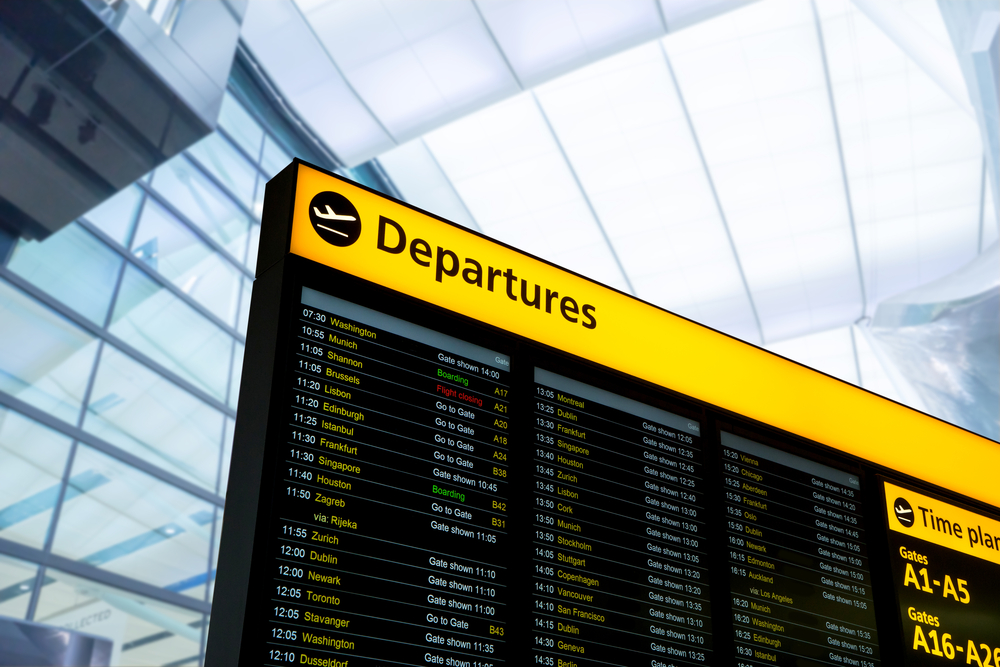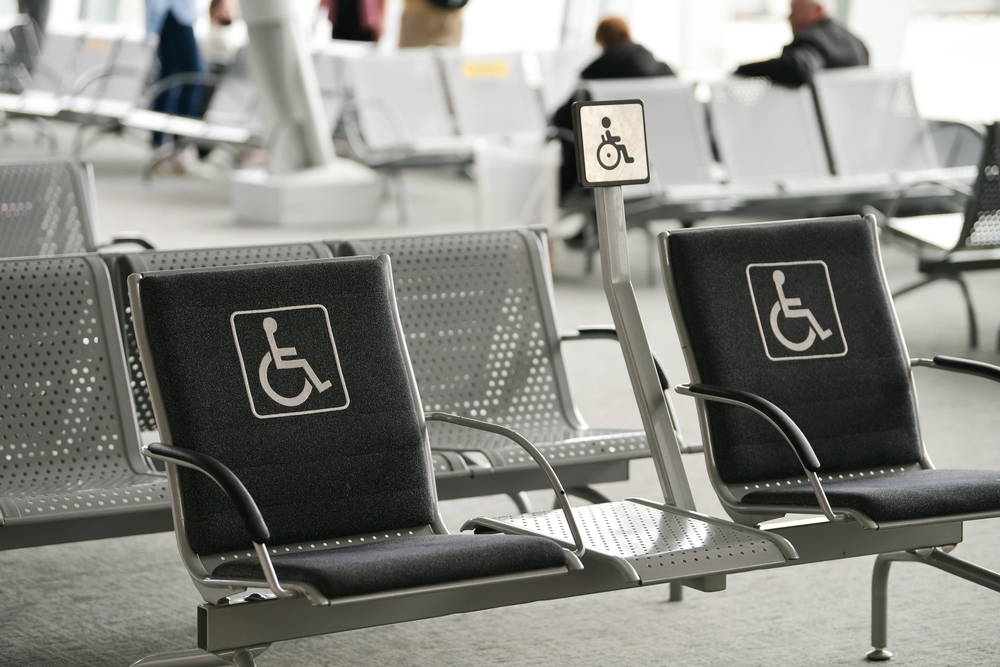
Understanding Your Flight Number: A Traveler's Guide

Every flight you take has a unique identifier known as a flight number, which is more than just a code on your ticket—it’s a crucial piece of information that ensures airlines can efficiently manage and track flights across their global networks. This number is not randomly assigned; it carries details about the airline, route, and sometimes even the type of service or time of the flight.
When booking a flight, you’ll notice your flight number consists of two parts: an airline code, which is usually two letters (sometimes a letter and a number for some carriers), followed by a numeric code. This numeric code isn’t arbitrary; it often has a pattern or meaning, such as direction of travel, with lower numbers typically assigned to more significant, often longer, routes.
Why Your Flight Number Matters?
Flight tracking: With your flight number, you can easily check real-time updates on your flight’s status, including delays, cancellations, or gate changes.
Airport navigation: A more systematic approach to VINs emerged. The United States required all road vehicles to have a VIN, but still, there was no standardized format.
Interline and codeshare flights: Understanding your flight number is especially important for codeshare flights, where different airlines sell seats on the same flight under their own flight numbers.
Finding and Using Your Flight Number:

Your flight number is prominently displayed on your booking confirmation and boarding pass. It’s essential to note it down or have it easily accessible on your phone, especially during international travel where you might need to fill out forms or navigate through multiple airports.
Frequently Asked Questions
Share your thoughts by commenting below
Recommended Reviews
Unlocking Hassle-Free Claims: Your Guide to Top Airline Compensation Services. From delayed to cancelled flights, our comprehensive guide connects you with the foremost experts in securing your rightful claims. Maximize your compensation with our curated selection of top-tier providers.
- GetFlightCompensation






